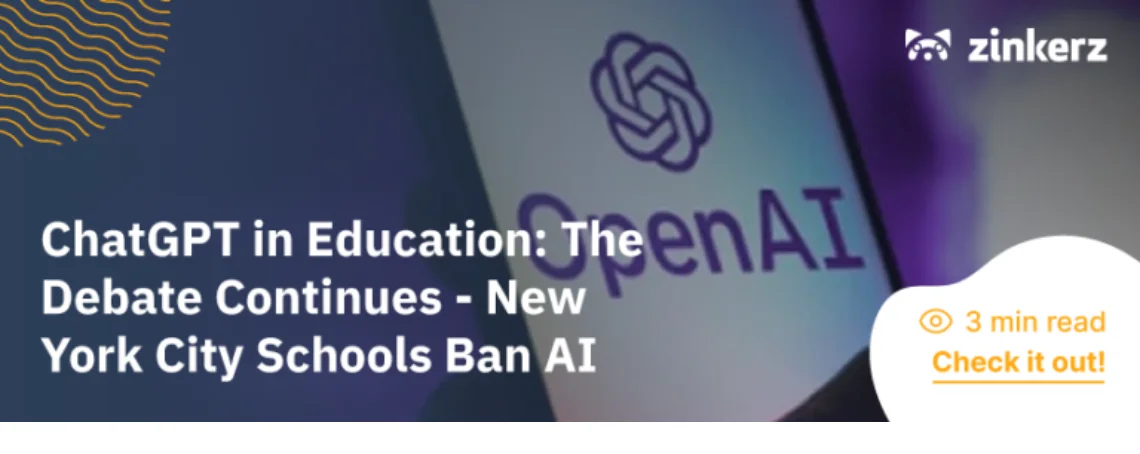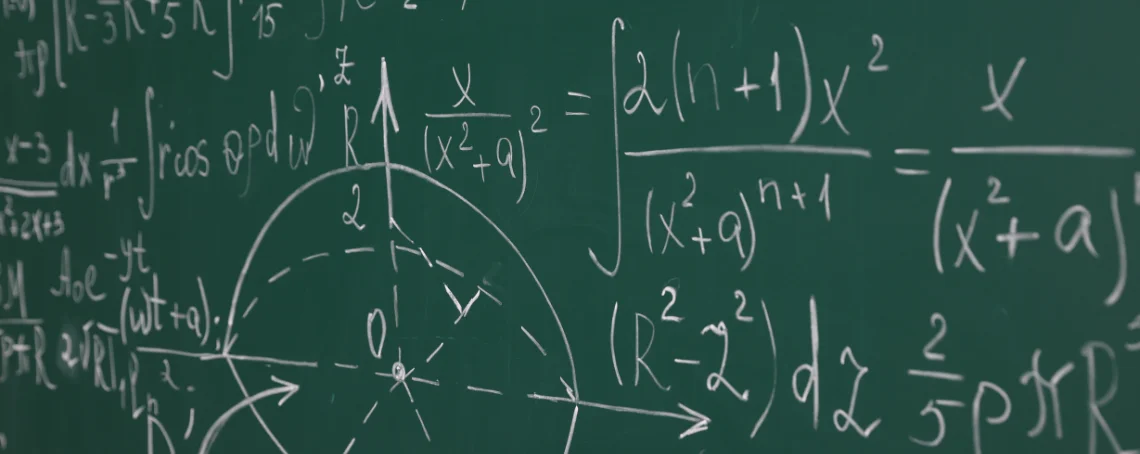New York City Schools Ban AI for Student Use
Every December, children worldwide look forward to one unique tradition: Kurtis Conner’s annual Christmas movie review. Conner, a Canadian YouTuber known for his humor and social commentary, took his 2022 video to a new level by using AI to create Christmas movie scenes.
Using Runway and OpenAI’s ChatGPT, Conner fed scripts from classics like Die Hard and Home Alone into AI to generate new scenes. The result? Confusing, nonsensical dialogue and poor handling of characters and language. Despite processing entire scripts, the AI failed to create coherent stories—a reminder of the current limits of ChatGPT in creative writing.
The Rise of ChatGPT in Schools — And the Backlash
Conner noted that ChatGPT has been used widely: for corporate emails, academic papers, and blog posts. Recently, this trend has hit education hard. New York City’s public school system has banned ChatGPT on all school devices, citing concerns over “safety and accuracy” and the negative impact on students’ learning.
As a Bostonian, saying “Good job, New York!” feels strange, but this ban is warranted. The New York Department of Education worries that ChatGPT undermines the purpose of homework and threatens academic integrity.
What ChatGPT Thinks About the Ban
When asked for a response, ChatGPT offered a neutral statement emphasizing the importance of weighing risks and benefits, and considering all stakeholders’ views—educators, students, and parents.
But let’s break it down from their perspectives:
- Educators: Cheating and plagiarism undermine genuine learning.
- Students: More time for distractions (like sticking peanut butter on a dog’s nose).
- Parents (mothers): Desire for their children to truly learn, not just submit AI-written work.
- Parents (fathers): Some are busy growing mustaches like Kurtis Conner.
Why Writing Assignments Matter More Than Ever
The goal of schoolwork is to develop comprehension, critical thinking, and communication skills. Some argue ChatGPT is like a calculator—helpful but not to be overly relied upon. Yet writing is fundamentally different from math calculations.
Writing demands original thought and reasoning—skills essential across careers and life situations. Overreliance on AI to write essays risks eroding these vital abilities, leaving students unprepared for real-world communication and problem-solving.
How ChatGPT Impacts Student Growth
Whether you’re a carpenter, teacher, financial advisor, or college counselor, communication and reasoning are critical. Using ChatGPT shortcuts this process, preventing students from learning to articulate ideas and solutions effectively.
Unlike calculators, which simply speed up computation, ChatGPT can do the entire writing task for a student—thereby hindering intellectual growth and critical thinking.
Need Help With Writing? Zinkerz Can Support You
If you or a student you know need help developing writing skills for school or college, Zinkerz offers free consultations and personalized study plans. Our expert tutors and counselors guide students through the learning process with honesty and skill.
Tools to Detect AI-Generated Work: GLTR
For teachers and parents worried about AI plagiarism, the Giant Language Model Test Room (GLTR) offers a way to detect AI-generated text. GLTR analyzes text predictability and highlights likely AI writing patterns, revealing the “robotic” logic behind ChatGPT-generated work.
This forensic tool helps maintain academic integrity by identifying pieces likely written by AI, supporting educators in their efforts to uphold honest learning.
Final Thoughts: Boston and New York in the ChatGPT Era
As New York leads the charge in banning ChatGPT from schools, Boston is content finishing second—especially if the Red Sox can keep their edge over the Yankees.
The debate over AI’s role in education continues, but one thing remains clear: genuine learning requires human effort, and tools like ChatGPT should be used thoughtfully and responsibly.



